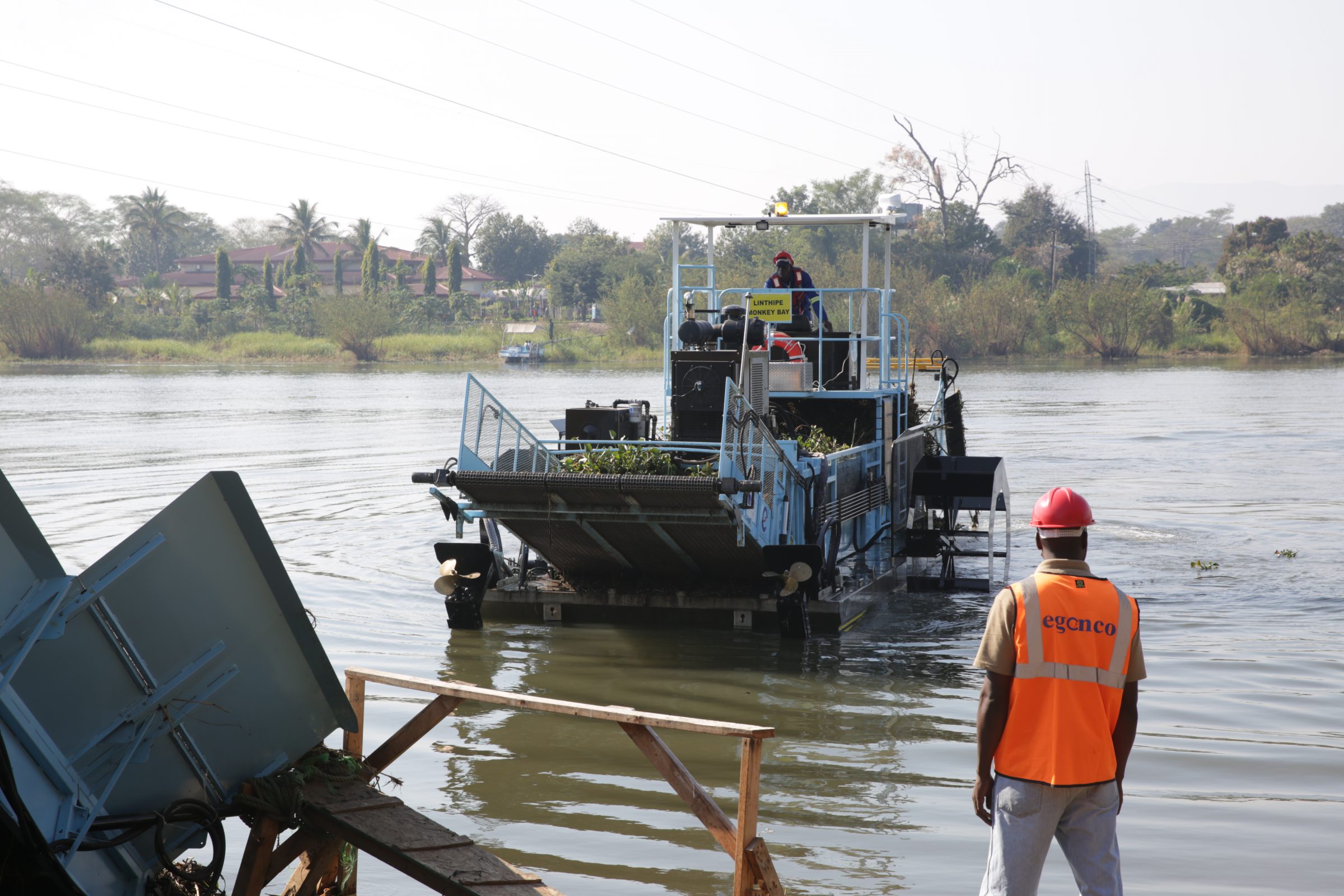Sustainable economic growth and a healthy environment are interrelated. Economic growth that does not adequately address potential environmental or social hazards can leave people in poverty particularly vulnerable.
MCC takes an interdisciplinary and collaborative approach to working with its partner countries to integrate internationally accepted principles of environmental and social sustainability into the design and implementation of its programs. In collaboration with MCC, country partners work to achieve sustainable economic development, to minimize environmental and social risks, and to enhance environmental and social sustainability through compact-funded activities.
Environmental and Social Sustainability In Practice
Good environmental and social management is a key element of MCC’s model. MCC investments aim to maximize the benefits of poverty reduction while minimizing potential negative social and environmental impacts that can undermine program objectives. The agency’s founding legislation prohibits MCC from providing assistance that is “likely to cause a significant environmental, health, or safety hazard.” MCC amended its Environmental Guidelines in June 2012 to formally adopt the International Finance Corporation’s (IFC) Performance Standards on Environmental and Social Sustainability.Each MCC compact and threshold program presents environmental and social challenges and opportunities. The issues to be addressed, reflecting MCC’s broad range of investments, include:
- Identifying and analyzing environmental and social challenges and strengthening the capacity of country partners to adequately address them
- Meeting MCC and partner country regulatory requirements for environmental and social standards
- Engaging with stakeholders to obtain their input and building local support for MCC-funded projects
- Managing environmental hazards
- Conserving natural resources and using resources efficiently
- Ensuring the health and safety of workers and local community members
- Managing involuntary resettlement and land acquisition
- Avoiding or minimizing impacts on indigenous peoples and cultural heritage.
Jordan
MCC’s Jordan Compact, completed in 2016, installed over 1,100 kilometers (680 miles) of water and wastewater pipelines and more than 40,000 household water meters in the Zarqa district. MCC worked closely with MCA-Jordan – the local implementing entity – to address shortcomings in Jordanian regulations for health and safety during construction. This included maintaining barriers between public and work areas while ensuring pedestrian and vehicle access to homes and buildings. The MCA also held public meetings in each neighborhood prior to the start of construction to inform residents about the project and its potential impacts.The compact marked the first time such measures were required on a construction project in Jordan. These efforts helped turn the compact into a model for future complex, large-scale construction projects, proving that they can be completed on time and within budget, while also maintaining a safe and healthy environment for workers and the local community.
Malawi

For years, aquatic weed infestation and excessive sedimentation in the Shire River Basin caused costly disruptions in hydropower. Today, new dredgers and weed harvesters are helping reduce chronic weed infestations and excessive sediment buildup.
MCC supported the Government of Malawi in addressing both immediate and longer-term solutions to these challenges. MCC’s Malawi Compact funded equipment for two hydropower plants that help remove sediment and vegetation from reservoirs. Pilot programs in land management and conservation agriculture also helped address deforestation from wood and charcoal production and erosion from hillside agriculture that cause sediment build-up. To sustain these efforts after the five-year compact, MCC worked with the utilities to build cost recovery into energy and water tariffs, a portion of which would go to improving upstream watershed management.
Mongolia
MCC’s 2007 compact with Mongolia was designed to increase economic growth and reduce poverty through activities in five project areas: property rights, health, vocational education, energy, and environment and transportation. As part of the compact, MCA-Mongolia – the local implementing entity – performed environmental and social impact assessments and discovered that many project activities required the removal and disposal of hazardous materials. At that time, Mongolia did not have regulations or guidelines on handling these types of materials.To address this gap, the compact sponsored three conferences on hazardous waste management in Ulaanbaatar and the development of guidelines to ensure the proper handling, transport, storage, and disposal of hazardous materials during compact work. MCA-Mongolia’s efforts to address hazardous waste encouraged the Mongolian Government to ban the import and sale of asbestos-containing materials for future construction.

